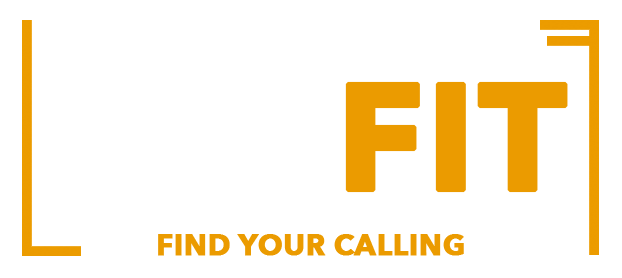
SUMMER FUNDING RESOURCES
October 4, 2018
WELCOME BACK
October 4, 2018“I want a paid job.” “I need to make money this summer.” “I would love to work there but it is unpaid.” These are all common sentiments for career services professionals to hear this time of year.
As 1L students start receiving offers and 2L students start receiving offers for public interest and government positions, the next discussion career services professionals find themselves having is how to fund an unpaid summer position. A student can come into law school 100% certain they want to pursue a career in election policy, have a summer offer in hand for the top election policy organization in the country, and still wonder whether or not they should turn the offer down for a paid position in an area they have no interest in. Thus, being ready to address students concerns over summer funding becomes very important.
How can career services professionals encourage students to take unpaid positions that will better set them up for their careers when the siren’s call of a paid position is the competition? The first line of defense is to have good resources outlining alternative summer funding options.
Create a strong webpage outlining various summer funding resources that you have readily available to easily show students so they can see just how many summer funding options there are. Do you wonder what some of those resources are? Scroll down below for the section on Summer Funding Resources.
Once you have your summer funding resources document, engage students in a long-term discussion about their career goals and how 1L and 2L summer are really important for paving the way toward those goals. Explain that while it would be nice to get paid this summer, summer lasts just a few months while the position that appears on their resume will tell a story over the long-term. Over the long course of their career, one unpaid summer really will not mean much.
Go to conferences and network with employers to bolster your argument. Students respond to advice from employers. When an employer says they want candidates who have worked in unpaid positions, students listen but career services professionals need to be regularly meeting with employers to get access to that advice in the first place.
At a recent public interest career fair, a panel of public defenders explained that the best candidates for jobs in their offices had interned at a public defender’s office during both their 1L and 2L summer, externed with a local public defender office during the school year, and loaded up on criminal law classes. It is difficult for candidates with less experience to compete with that. Stories like these are very meaningful to law students; far more meaningful than generalized advice to take a summer job that is consistent with their career plans.
You know from employers that unpaid summer positions are often your students’ best option so make sure that your students know that too.


